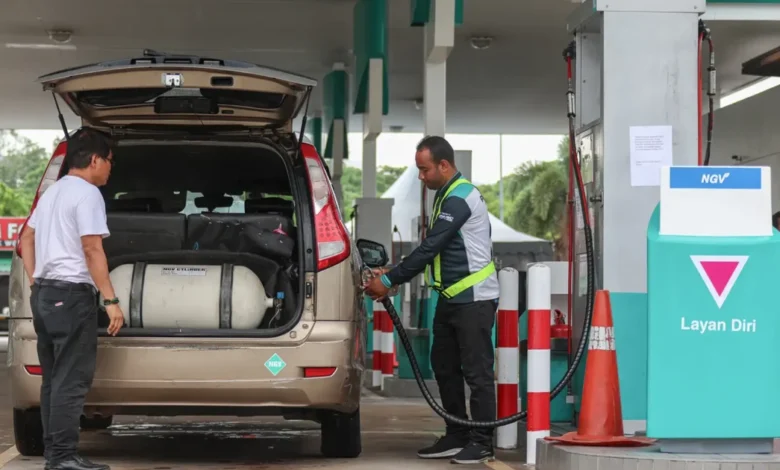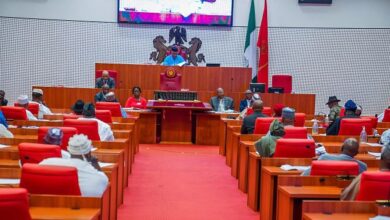Nigeria Doubles Down with CNG Vehicle Adoption Amid Malaysia’s Retreat

In response to Malaysia’s announcement to phase out the use of compressed natural gas (CNG) vehicles by 2025, the Nigerian Presidency has clarified that the concerns raised do not apply to Nigeria’s CNG program.
Bayo Onanuga, special adviser to President Bola Tinubu on Information and Strategy, stated that the Malaysian situation primarily concerns liquefied petroleum gas (LPG), which poses unique risks that do not apply to CNG. He emphasized that Nigeria has chosen to focus solely on CNG, avoiding LPG for safety and cost reasons.
Malaysia’s CNG Challenges
According to reports, Malaysia’s decision to phase out CNG vehicles was driven by safety concerns, particularly related to the aging of CNG tanks. Anthony Loke, the Malaysian transport minister, explained that these tanks are considered safe for approximately 15 years, beyond which they may become hazardous and fail.
The phase-out is expected to affect about 44,383 active NGV (natural gas vehicle) vehicles across Malaysia, including taxis, personal vehicles, buses and machinery, which together account for 0.2 percent of the country’s registered vehicles.
Onanuga highlighted that Malaysia’s CNG initiative faced significant challenges, with only a 0.2 percent vehicle conversion rate over 15 years.
Nigeria’s Approach to CNG Adoption
In contrast to Malaysia’s experience, Nigeria’s CNG transition, launched in 2024, aims to develop local manufacturing capacity for CNG tanks. This strategy is designed to overcome one of the hurdles encountered in Malaysia’s program.
Onanuga stated that other countries, including India, China, Iran and Egypt, have reported substantial success with CNG vehicles and Nigeria is learning from their best practices to ensure the long-term viability and scalability of its CNG program.
The CNG program represents a central part of Nigeria’s strategy to reduce fuel costs and improve vehicle safety standards. By focusing on CNG and avoiding the challenges associated with LPG, Nigeria is positioning itself to potentially achieve greater success in the adoption of alternative fuel vehicles.





One Comment